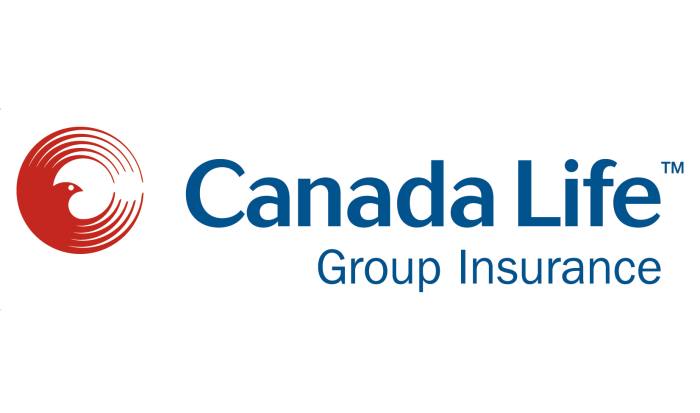
Paul Avis of Canada Life Group Insurance looks at how advisers can approach the corporate market for the first time.
‘Underpenetrated, undersold and misunderstood’ is one way of characterising the Group Risk marketplace, so it is a great place to start for those looking to enter the corporate market. But how can this be done and what are the current opportunities?
The fact find
When personal advisers are completing fact finds for any personal financial planning work, they will have to cover questions such as:
- “What happens to you when you are sick?”
- “What benefits are in place from your employer e.g. death benefits?”
- “Who deals with your company pension plan?”
In answering these questions the organisation’s level of cover, or often lack of it, will become evident. If that individual is the Finance Director, HR Director, Compensation and Benefits Director or any manager responsible for employee benefits, impressing them with the diligence with which you are undertaking their personal planning work will no doubt be rewarded with a crack at their corporate benefits!
Tell employers what they need to do to modernise their Group Risk scheme designs
Despite only being launched in the 1970s, many Group Risk scheme designs need to be brought up to date. Legislation in this area has come a long way in the last 40 years.
The most recent opportunity is the reduction in the Lifetime Allowance to £1m from April 2016. Many senior employees have pension pots in excess of this and benefits from traditional ‘Registered’ Group Life schemes, which are added to the pension pot as part of the Lifetime Allowance calculation, could incur a tax burden on death.
Personal products such as ‘Relevant Life’ policies may already be understood by protection advisers but in the Group market we have ‘Excepted’ Group Life, where benefits are paid outside of the Lifetime Allowance. These afford tax-free benefits, and are especially important for those who have opted for any form of Enhanced or Fixed Protection as they would lose this if they were to join a Registered Group Life scheme.
Excepted policies need to be carefully consulted on as they have entry and periodic charges, which gives advisers the opportunity to work with tax and legal professionals to ensure that the right eligibility and benefit designs are achieved appropriate to the employer’s needs.
There has been another missed opportunity to modernise the scheme design. Not all schemes revised their termination dates to the new State Pension Age (SPA)[1] instead of 65, following the abolition of the default retirement age. The exemption for insured Group Risk benefits enables employers with Group income Protection (GIP) to cease employment at this point. Where would this leave an organisation that has not equalised male and female cover end dates and has, say, a cease age for women of 60? Such simple changes, generally with little or no cost, seem to be missed despite all the great work that goes on to allow them.
Often schemes were set up for executives or directors only. More recently, pension-linked, closed or TUPE schemes also exist. As they tend to have older (and ageing) populations, they can get more expensive every year as they do not benefit from younger workers balancing the risk.







